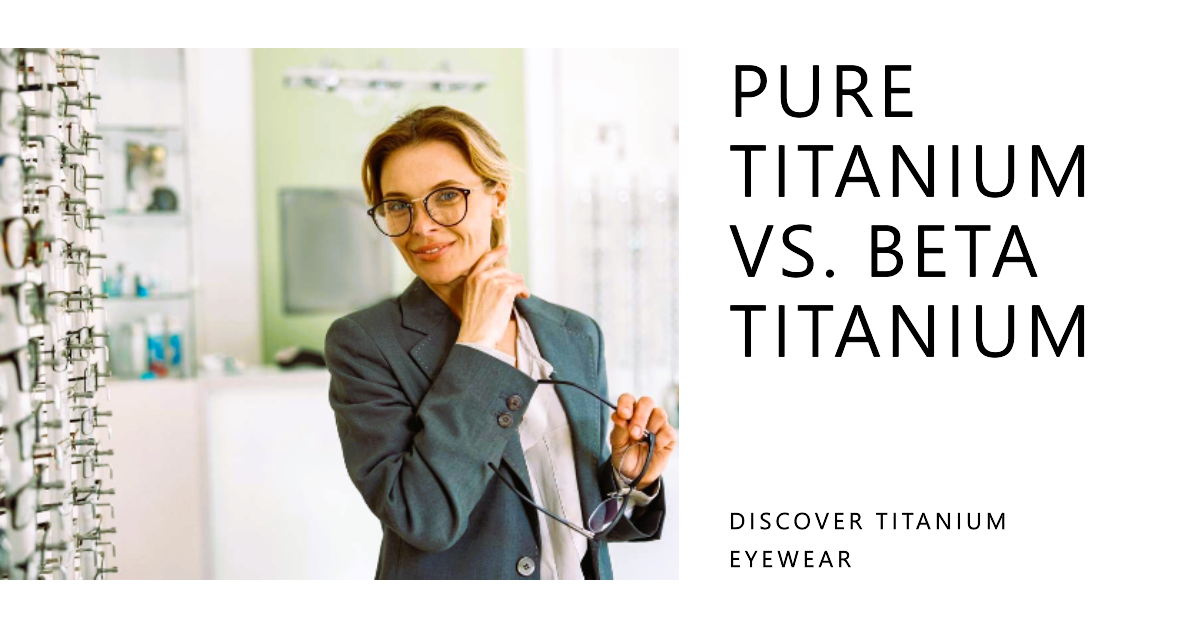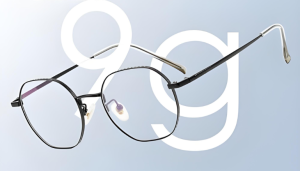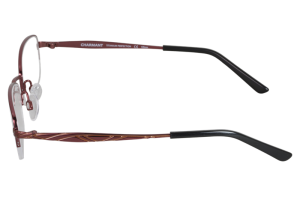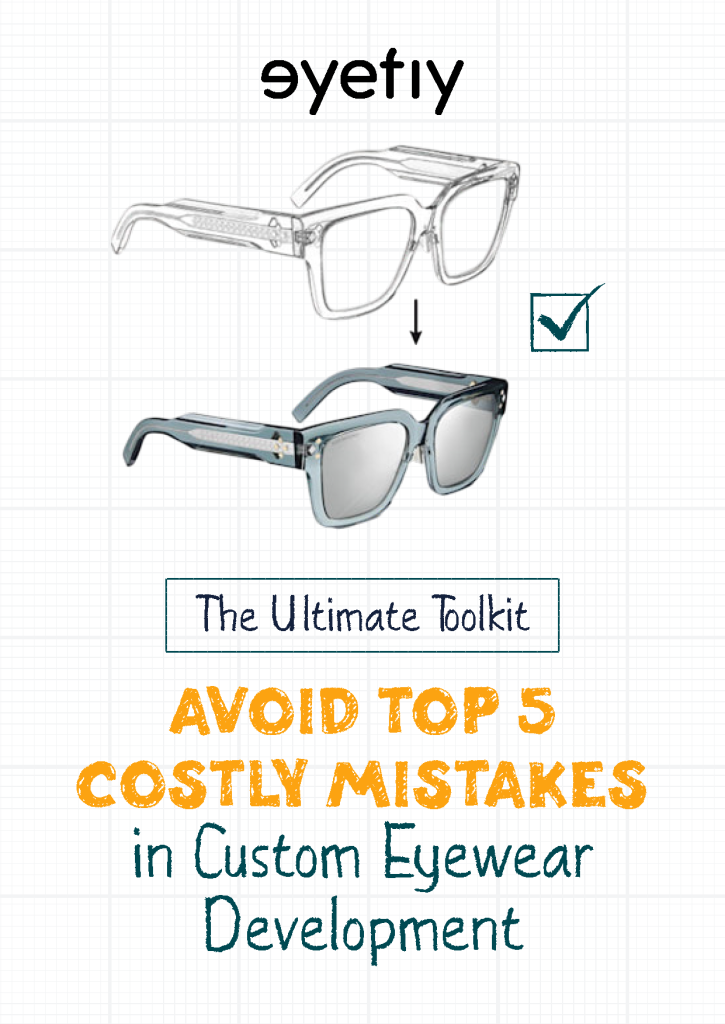When choosing an eyeglass frame, the material is really important. Pure titanium and beta titanium are common materials for high-end frames, and each has its own advantages. So, what’s the difference between pure titanium and beta titanium, and which one is better for your needs? Let’s take a look.
Material Properties
Material composition
Beta titanium eyeglass frames are made from a beta titanium alloy, which contains 75%-80% titanium along with other metals like aluminum, vanadium, and chromium. The certification standard for beta titanium requires that the titanium content be at least 70% and free of nickel. Charmant’s beta titanium alloy has 74% titanium, 22% vanadium, and 4% aluminum, giving it high elasticity and good flexibility.
Pure titanium frames are made from titanium that is at least 90% pure, and sometimes even 100%.
Corrosion Resistance
Pure titanium has a high level of purity, which makes it excellent at resisting high temperatures and corrosion. Pure titanium frame will not cause you the trouble of rusting or producing green copper stains. Mary Elvira Weeks, in her book The Discovery of the Elements XI, mentioned that titanium corrodes very slowly. After being soaked in seawater for 4,000 years, the corrosion would only go as deep as the thickness of a thin sheet of paper. Because of its corrosion resistance, titanium is even being studied for long-term storage of nuclear waste (for over 100,000 years).
Strength
Although pure titanium has high strength, it lacks some toughness and can be bent to some extent. On the other hand, beta titanium, which contains small amounts of aluminum, vanadium, and chromium, has improved elasticity and toughness. Eyeglass frames made from beta titanium will bend slightly under external pressure but will return to their original shape, offering better flexibility.
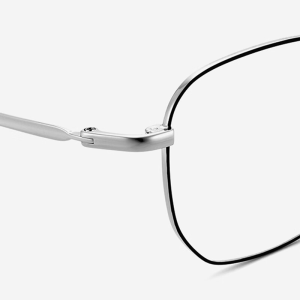
Comfort & Fit
Weight
Pure titanium eyeglasses are lighter than beta titanium eyeglasses because pure titanium has a lower density. Compared to regular metal frames, like nickel-copper alloys, titanium frames are 50% lighter. This makes pure titanium glasses more comfortable as they reduce pressure on the nose and ears, providing you with a better wearing experience.
hypoallergenic
Pure titanium is a hypoallergenic material, meaning it doesn’t contain nickel, which makes it skin-friendly and compatible with the body. Pure titanium eyeglass frames do not irritate the skin, and if your skin is very sensitive, this is your ideal choice.
Fitness
Beta titanium has a j
elly-like flexibility when bent by hand and then released. This property helps the temples of the glasses fit better to your face, but it’s not ideal for making permanent adjustments. On the other hand, pure titanium eyeglass frames are easier to adjust and hold their shape more effectively.
Design & Aesthetic Possibilities
Because pure titanium is very strong, pure titanium eyeglass frames often have simple, modern designs that are easy to match with different outfits.
Beta titanium, on the other hand, is more flexible and can be used to create a wider variety of frame designs, including intricate details and innovative shapes.
Conclusion
In conclusion, both pure titanium and beta titanium eyeglass frames have their own unique features, making them suitable for different markets and consumers.
Pure titanium frames are ideal for those who value lightweight design, corrosion resistance, and biocompatibility.
On the other hand, beta titanium frames are popular for their high flexibility, durability, and versatile designs. You can choose the best option based on your personal needs, comfort preferences, and style.
